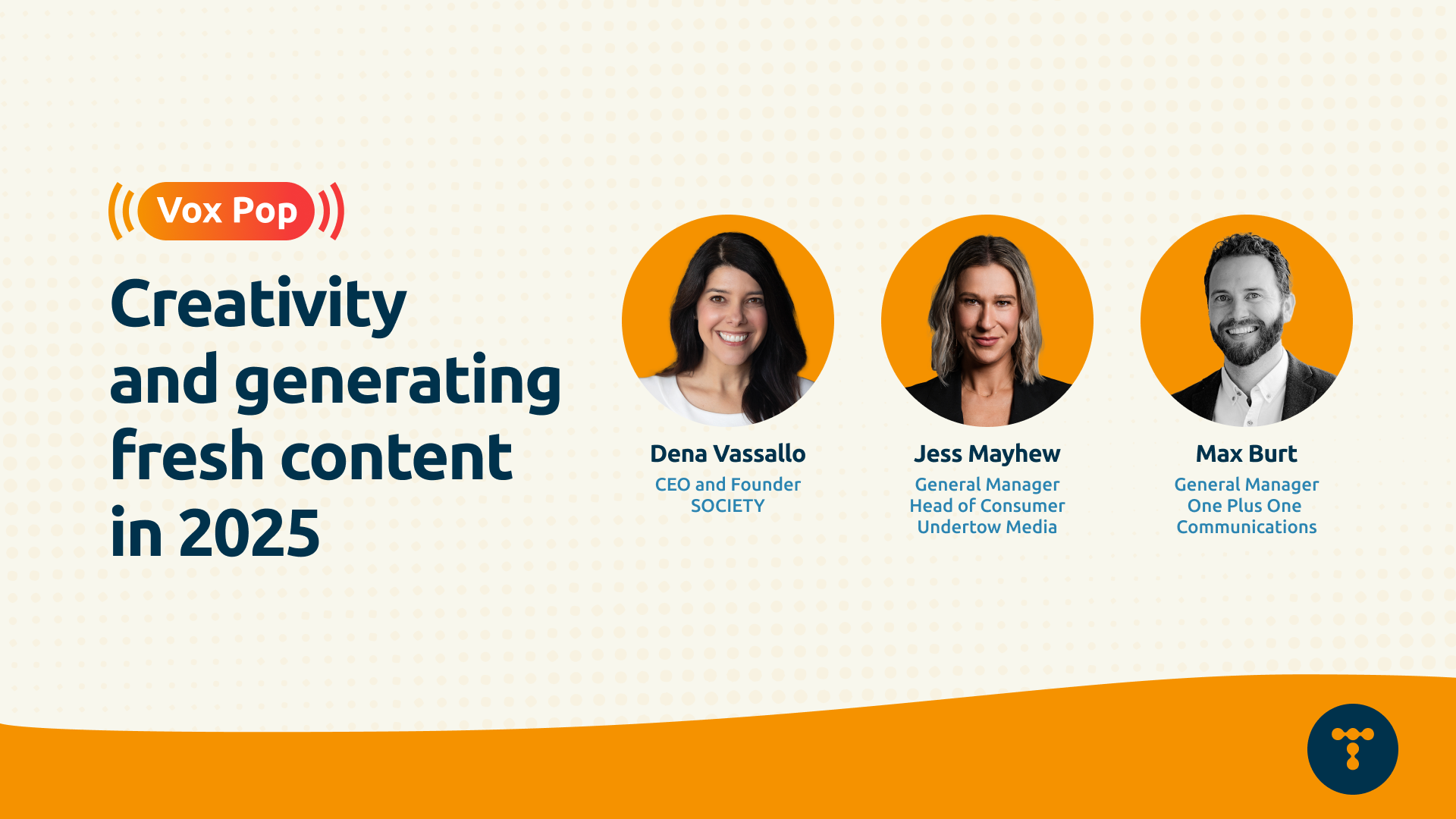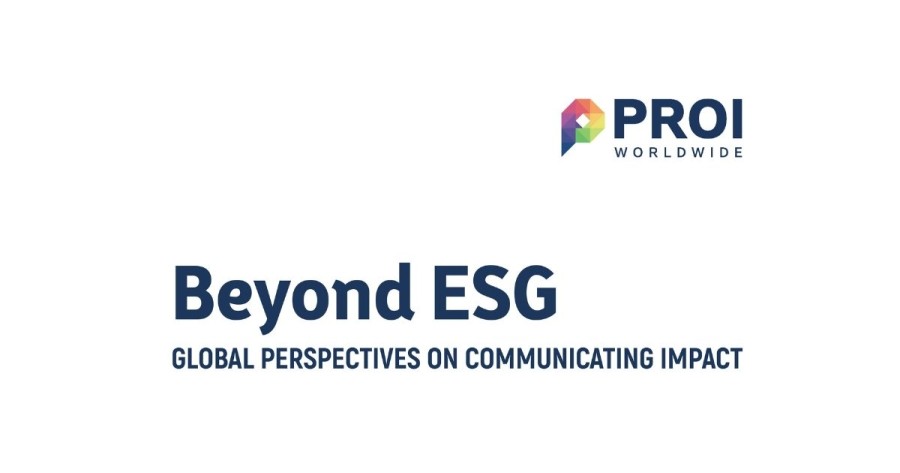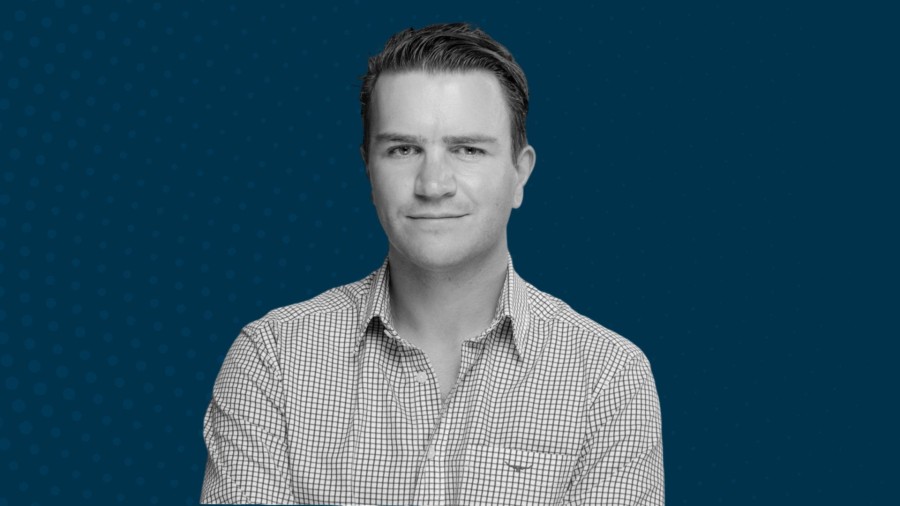In this vox pop, we explore some tips and strategies PR professionals use to spark creativity that will help them generate fresh ideas in 2025, from brainstorming techniques to combating time and budget constraints.
Brainstorming sessions are an important part of idea generation - what are some tips that you could share to ensure a successful brainstorm session?
Dena Vassallo, CEO and Founder, SOCIETY
Getting fresh ideas can challenge teams and individuals - everyone is different. It’s important to mix it up so there is something for everyone. Whether you brief a small team 24 hours in advance and conduct a more formal process or a quick standup session, it's critical to align the process with the size of the problem / brief.
Setting up the right environment can also significantly increase your chances for fresh and bold thinking.
At SOCIETY, we have a methodology called the SOCIETY SPARK that enables our team to work within a creative and strategic framework for better results. If you don't have a proven process in place, make sure you invest the time and resources to create one.
Jess Mayhew, General Manager - Head of Consumer, Undertow Media
Start by setting a clear goal - know what you’re aiming for, whether it's a specific campaign angle or a solution to a problem. From there, let the ideas flow without restriction - this is not the time to filter. Encourage everyone to share and don't interrupt or judge during the session - often the best ideas evolve from the weirdest starting points. Also, keep it light and fun - pressure kills creativity. End with action points so you can walk away with a clear path forward.
Max Burt, General Manager, One Plus One Communications
The main thing is not to expect too much from a brainstorm. In my experience, brainstorms are great for teasing out creative or strategic territories. They're rarely the forum in which the singular brief-cracking idea is nailed.
Time and again, I find that in the days following a brainstorm - which has served the purpose of focusing our teams' creative attention to a particular brief - one of the team will have a thought or refinement that's inspired by the conversation in the brainstorm, that becomes the winning idea.
So I would say have the brainstorm and then give it time to percolate. It's that time between that produces excellence.
Successful campaigns usually involve taking risks but not going overboard. Where and how do you draw the line?
Dena Vassallo
Now more than ever, brand reputation is on a knife's edge. A successful campaign that is brave must be grounded in the brand's DNA and equity. It must be authentic to the brand, or the risk is already outweighing the possible reward.
If you start from a space of a brand truth, you're in the right spot to begin the process of developing a successful campaign. I believe it's important to conduct risk assessments and stay agile throughout the creative, strategic and implementation process.
Culture moves quick, so building speed and agility into your ways of working is vital to help mitigate risks.
Jess Mayhew
It’s all about calculated risks - knowing when to push boundaries without losing sight of what you need to achieve. You want the campaign to be newsworthy, but if it feels like a stunt just for the sake of attention, it can backfire.
We often ask: 'Does this risk reflect the brand's values and tone?' If it’s authentic, you're probably on the right track. Be bold, but not reckless.
Max Burt
Rather than think about 'risk', I think about what makes sense for the brand. In New Zealand, Hell Pizza has built an incredibly successful brand off the back of attention-grabbing campaigns other businesses would deem 'risky'. But if you think about where they started, a small pizza chain battling QSR giants, it would be more risky to be boring.
Similarly, it would make less sense for one of the big banks to do some Hell Pizza-esque attention-grabbing stunt. It would be weird, not true to the brand.
In truth, no campaign we're selling to a client should be 'risky' in a business sense, i.e. we're suggesting something with a high probability of failure. We're in the business of judging what’s going to stick, and driving a commercial result for the client.
When we're pitching an idea to the client, even if it feels like a big swing, it's because we think it's going to work.
When new technology / trends appear, everyone jumps on the bandwagon as it's seen as the new formula. How do you stand out from the crowd?
Dena Vassallo
To stand out from the crowd, you still need to be authentically you. Nothing is more cringe than your brand having a brat summer. You’re too late, you sound too old, nobody is listening. If your brand has never acted like that or sounded like that before, then jumping on that trend now isn’t right for you.
All of that said, I think it’s important to have fun as a brand. Whether that’s trying a new technology or trend, set aside a 'fun budget' that will allow your team and agency to stretch their imagination and move quickly.
Sometimes the magic happens when you’re not trying too hard. You can stand out by being you.
Jess Mayhew
Everyone loves a shiny new trend, but we try not to follow the herd just because it's the 'next big thing.' The key is to filter through the noise and focus on what really resonates.
We ask, 'Does this new tech or trend actually add value to our client's story or the experience we're offering?' If it does, great - let’s figure out how to use it in a way that feels fresh and authentic. But often, the real magic happens when you take an old idea, put a new spin on it, and make it your own - being bold doesn’t mean just following the latest trend, it means making it work for you.
Max Burt
Before jumping on the latest tech trend, ask yourself this question: Are we just using this technology to be seen to be using this technology, or is the new technology allowing us to connect with our audiences in a new or impactful way?
What are some tips that PRs / comms professionals might find useful when coming up with creative ideas under constraints, such as tight deadlines and limited budgets?
Dena Vassallo
I see this as an opportunity to be even more creative. If you can unlock a creative idea under tight timelines and budgets, the potential return on that smaller investment is well worth it. The risk is often lower too.
I recommend looking for a cut-through idea every quarter that can happen quickly and for not a lot of money. If the idea works, that is a fabulous result, and if it fails, it fails fast and quietly. It’s a wonderful way to test the boundaries in a safer way.
To help with this, try to write one sentence on what the idea is and one sentence on why it works. If you can't concisely explain the idea under that constraint, start over. This is a simple way to ideate fast and not over-invest your time in building the idea.
Jess Mayhew
Constraints can be a blessing in disguise - they force you to be creative. When you're working under a tight deadline or budget:
- Prioritise clarity - get to the heart of the message, and make it punchy.
- Limit your scope and aim for impact over breadth.
- Collaborate with your team for fresh ideas - you’ll often find the best solutions when you’re up against the wall.
- Don't be afraid to leverage what you already have - existing assets or relationships can be powerful when used creatively.
- Finally, remember, big ideas don’t need big budgets. Sometimes the simplest, most impactful concepts come from tight limitations.
Max Burt
Learn your own idiosyncrasies and how ideas come to you. When you’ve been doing it long enough, deadlines don't stress you out because you learn to trust that ideas will come, and you know the environments and practices that make them happen.
For me, I know that my ideas tend not to come in the office. I’m usually doing something: driving, walking, doing the dishes. I've learnt to trust that if I read the brief, have thought deeply about the job to be done, and have done my research, sometime in the window between doing all that and the moment we have to respond to the client, the idea will come.



